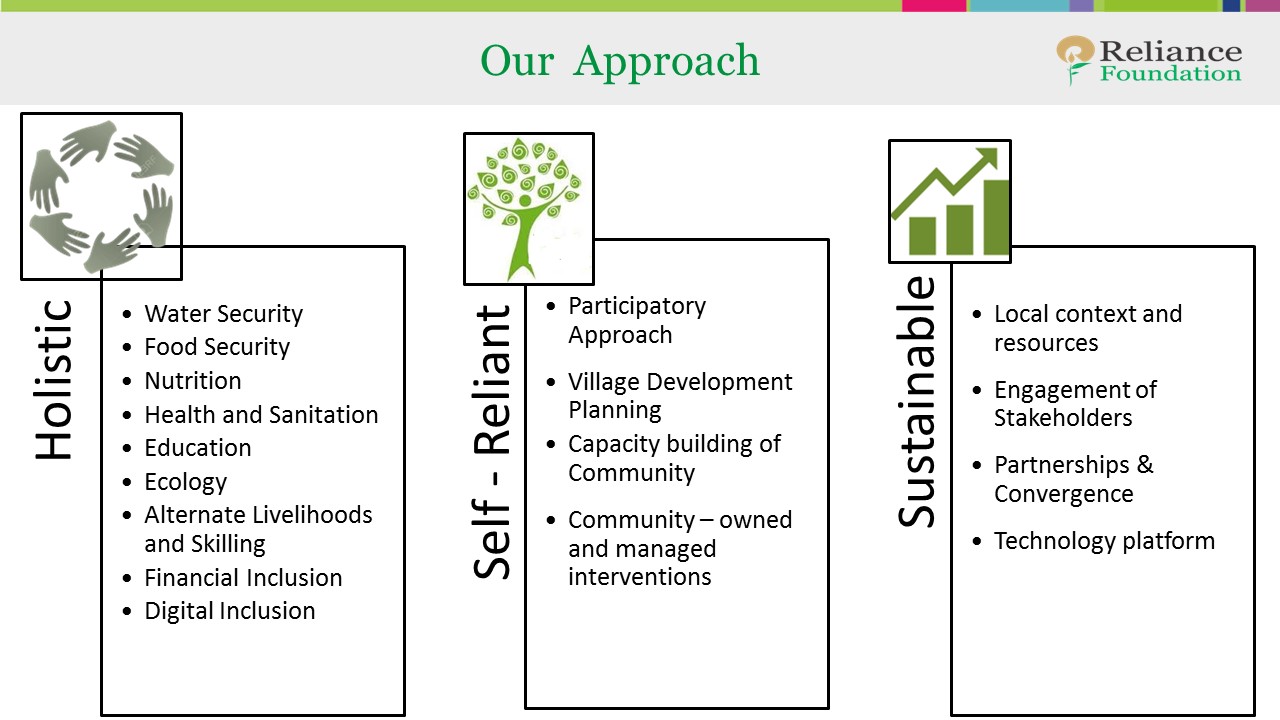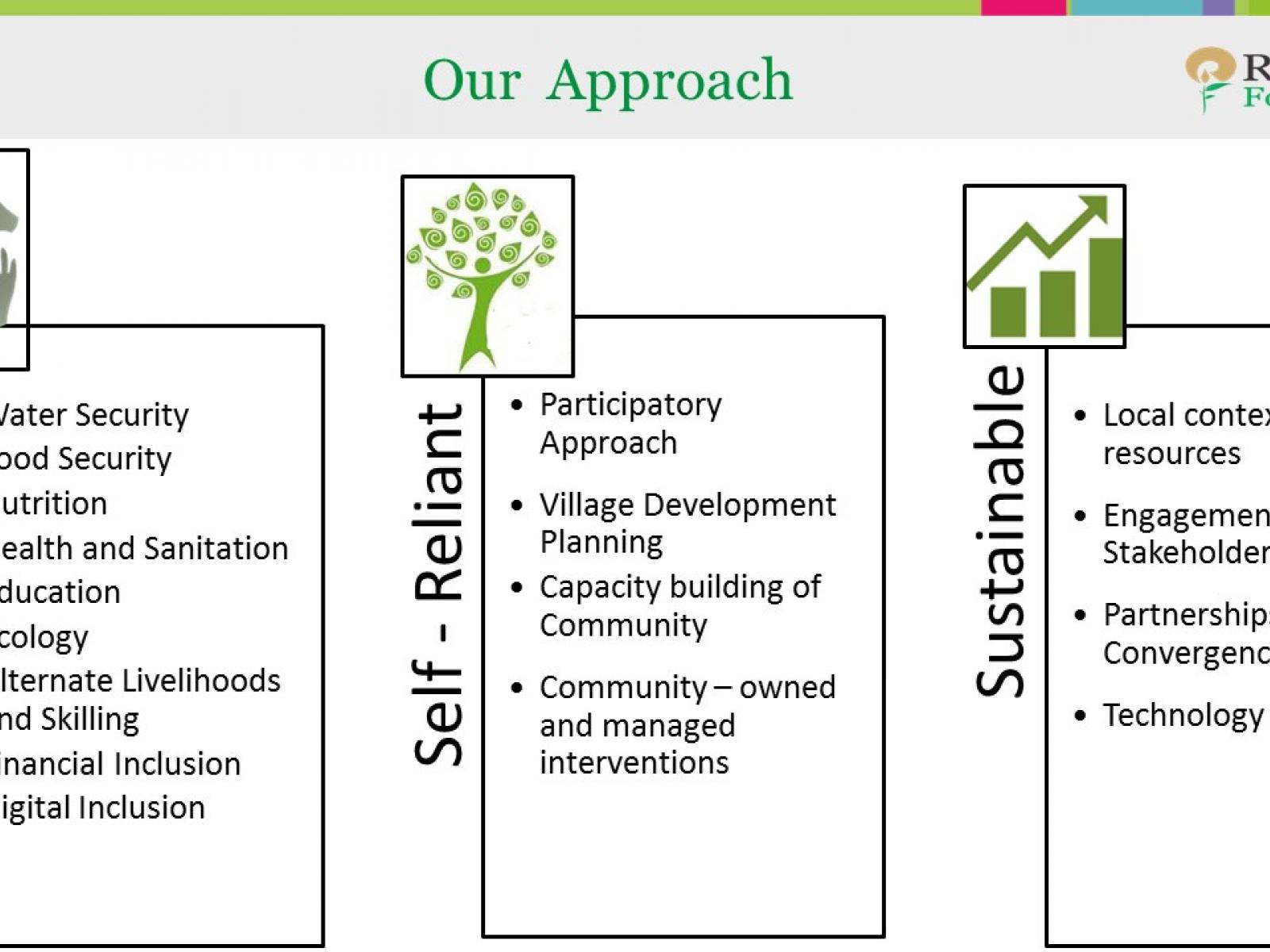An Overview Of Our Solution
- Population Impacted:
- Continent: Asia
Organization type
Population impacted
Size of agricultural area
Production quantity
People employed
Describe your solution
Describe your implementation
External connections
What is the environmental or ecological challenge you are targeting with your solution?
Describe the context in which you are operating
India is one of the fast growing and largest economy in the world with over 7% GDP growth. Poverty in terms of head count ratio declined significantly over the last decade from 39% in 2005 to 22% in 2014. Despite its remarkable economic growth, poverty remains a major issue with 270 million people living on less than USD 1.25 per day. According to the National Sample Survey, rural India had an estimated total of 90.2 million agricultural households. Out of that 72% of the households are poor. India accounts for 33% of world’s poor which could be attributed to the rain-fed agriculture which is being affected by the climate change and erosion of biodiversity. While Green Revolution have positive impact on the productivity, it endangered the ecological balance leading to depletion of groundwater, soil fertility & water quality. Initiatives to improve agriculture productivity have failed to address malnutrition with as many as 30% of women have sub-normal BMI, over 55% anemic.
How did you impact natural resource use and greenhouse gas emissions?
Language(s)
Social/Community
Water
Food Security/Nutrition
Economic/Sustainable Development
Climate
Sustainability
Leveraging the resources from the mainstream programs such as National Rural Employment Guarantee Scheme, Government of India and ensuring entitlements to the rain-fed programs matched with the investments from the individual households pooled together make the solution sustainable which is proven by over 520 Village Associations and 17 Producer Companies with their contribution and leverage of INR.453.64 million.
Return on investment
Entrant Image

